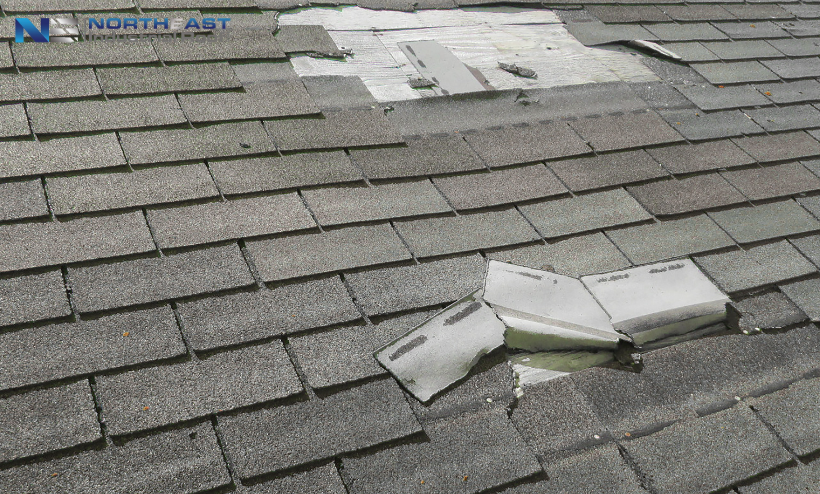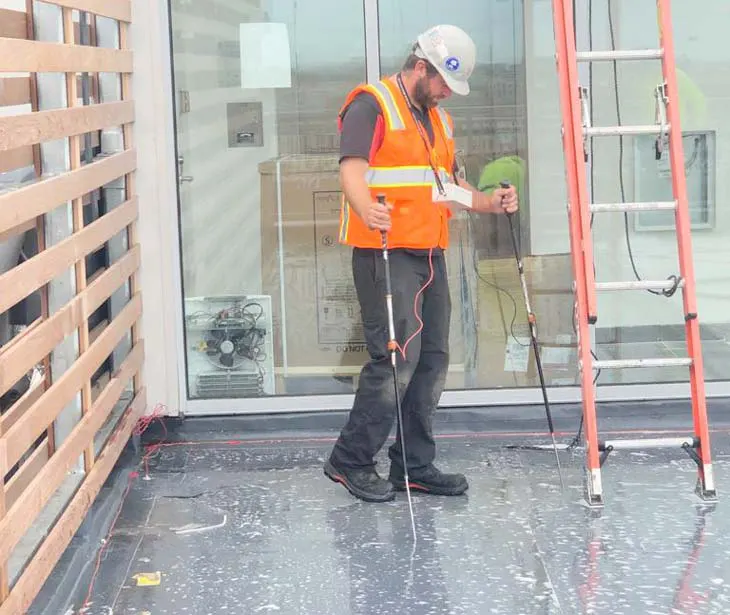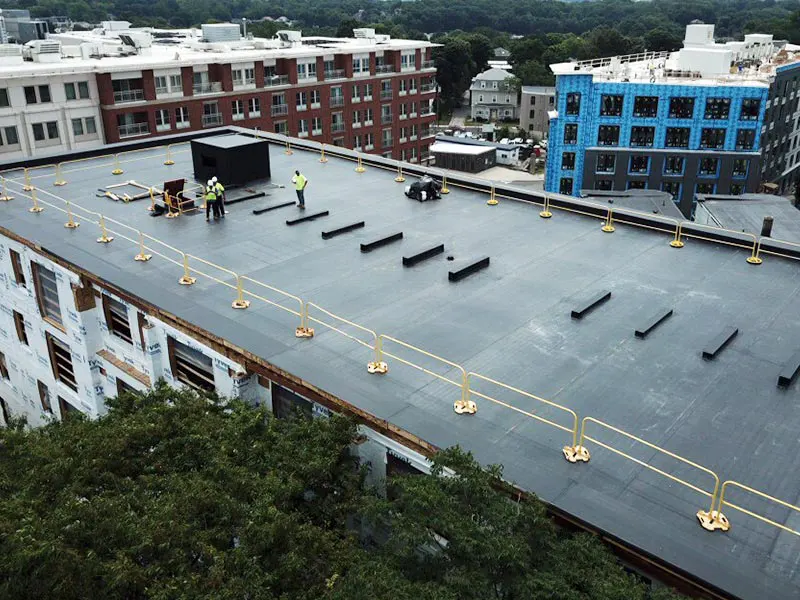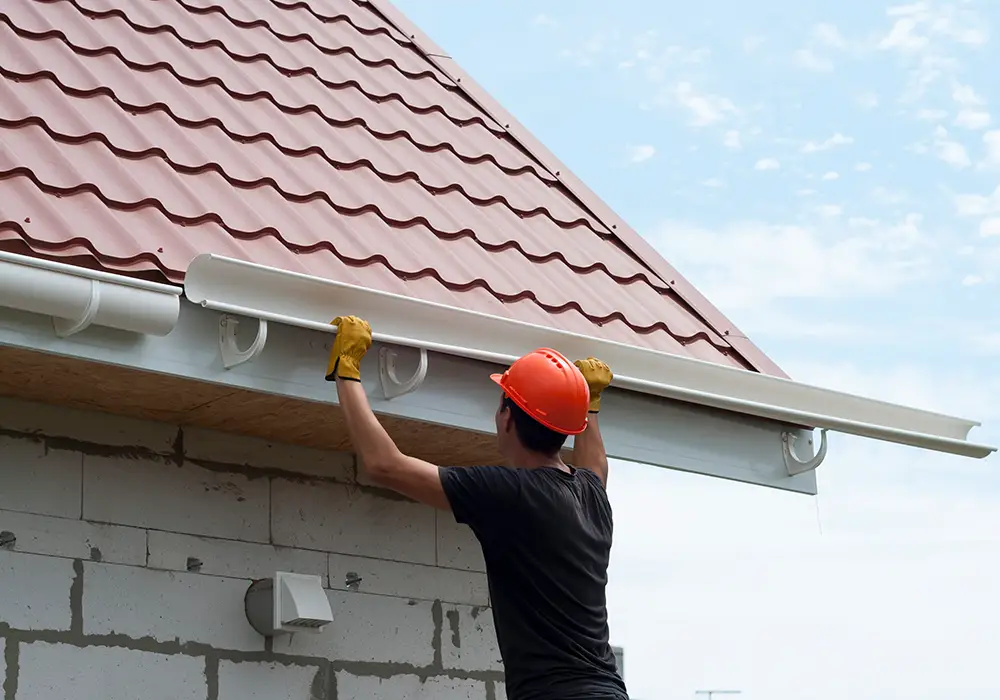When investing in a new roofing system—whether it’s for a commercial, industrial, or multi-unit residential property—understanding the roof warranty is just as important as the material and installation itself. A warranty offers protection, peace of mind, and long-term value, but only if you know what’s covered, what’s not, and for how long.
In this guide, we break down what a roof warranty is, the different types available, and what questions you should ask before signing a contract.
What is a roof warranty?
A roof warranty is a written guarantee provided by the manufacturer or contractor that promises to repair or replace roofing components if they fail under certain conditions. It protects your investment by offering coverage against:
- Material defects
- Installation errors
- Premature system failure
- Water leaks (in some cases)
However, not all warranties are the same, and coverage can vary widely depending on the product, installer, and maintenance record.

How long is a roof warranty?
The duration of a roof warranty depends on the type of roof, the manufacturer, and the coverage level. Common warranty lengths include:
- Material-only warranties: 10 to 30 years
- Workmanship warranties: 1 to 10 years (usually from the contractor)
- Full system warranties: 10 to 30+ years (comprehensive)
- No Dollar Limit (NDL) warranties: Typically 20–30 years with full coverage of repair costs
Many manufacturers also offer extended warranties when roofs are installed by certified contractors and meet specific maintenance criteria.
Types of roofing warranties
Understanding the different types of warranties helps you choose the right coverage for your building’s needs.
Manufacturer’s material warranty
Covers defects in the roofing materials—but not installation errors. If the membrane fails due to a manufacturing defect, the material may be replaced, but labor costs may not be covered.
Workmanship warranty
Offered by the roofing contractor, this covers errors in installation. It typically lasts between 1–10 years. It’s important to ensure your contractor has a strong track record and is fully licensed and insured.
Full system or NDL (no dollar limit) warranty
The most comprehensive type, an NDL warranty covers materials, labor, and system components. If failure occurs under warranty terms, the manufacturer pays the full cost to repair or replace—no pro-rating, no limits.
FAQs of roof warranty
Is a roof leak under warranty?
It depends. If the leak results from a manufacturing defect or improper installation, it may be covered under the warranty. However, leaks caused by storm damage, lack of maintenance, or foot traffic are typically excluded.
Pro tip: Keep detailed maintenance records—some warranties require proof of regular inspections to remain valid.
Does home warranty cover roof?
Home warranties typically cover basic systems like plumbing and appliances—not full roofing systems. However, some plans offer limited roof leak coverage for residential buildings, but rarely for commercial or industrial roofs.
For commercial buildings, a dedicated roof warranty from the manufacturer or contractor is essential for meaningful protection.
Northeast Industrial Roof: Warranty-backed installations
At Northeast Industrial Roof, we are certified to install warranty-eligible roofing systems from top manufacturers like Carlisle, Firestone, and GAF. We guide our clients through:
- Choosing the right warranty type for their facility
- Completing warranty registration and compliance paperwork
- Performing maintenance and inspections to maintain warranty validity
Protect your investment with the right warranty, the right installer, and the right maintenance plan.Contact Northeast Industrial Roof today to learn more about our warranty-backed commercial roofing systems and how we help you secure long-term peace of mind.





